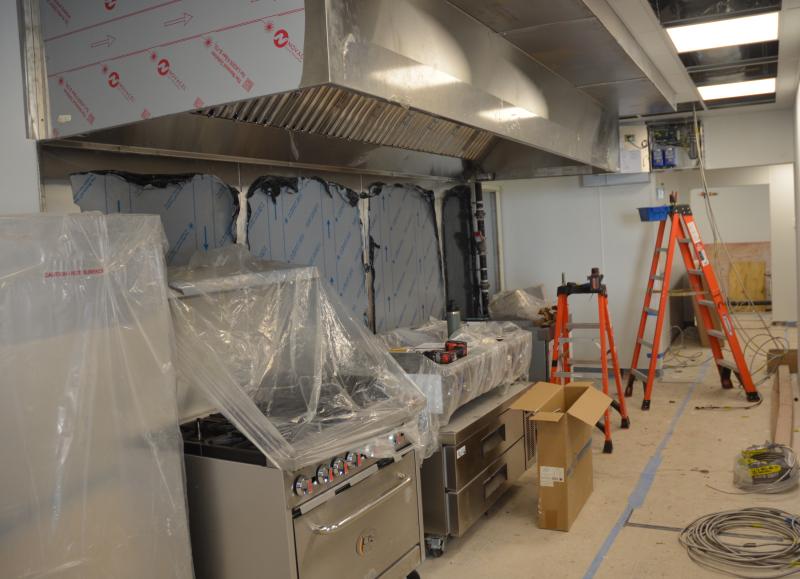Restaurants can be a labor of (unrequited) love
One of my favorite mantras about restaurants and this business of eating in general is in fact the title of a book, “It Ain’t All About the Cookin’,” by TV chef and restaurateur Paula Deen.
Just as important as the cookin’ are business skill and financial strength. It’s an inescapable fact that eateries come and go here at our seasonal resort, and they can close for all sorts of reasons other than lack of customers. Without a well-thought-out financial plan, some restaurant owners can price themselves out of the market just to make it through the five or so months of actual good business.
Rents are notoriously high – and going higher – in downtown Rehoboth. After all, there’s only so much space a block or two from the Atlantic. Potential entrepreneurs can choose to buy the property. But, especially in Rehoboth, many landlords wouldn’t dream of selling a reliable income-producing parcel. Restaurant schools teach the Golden Rule of 10: Never let rent exceed 10 percent of your gross profit. Unfortunately, that isn’t always possible in small spaces with limited seating.
Another factor that hurts many downtown restaurants is parking access. Spaces are hard to find, and fees get more expensive every year. The same people who loudly lament restaurant closings also proudly announce on social media that they never go downtown, because they don't want to pay a few bucks to park, or (horror of horrors) walk more than a few steps to get to their chosen dining spot.
Compounding these issues is the fact that finding and keeping good help continues to be difficult, especially over the last few years. A significant percentage of those who apply for jobs are not qualified, while some move on to other areas for a more consistent year-round income.
One of the reasons why we are blessed with so many good restaurants here at the beach is that more and more people are moving here full time – so more businesses will open to serve them, right? Theory and conjecture are fine – until reality sets in with the aforementioned scarcity of available and affordable downtown sites. That means restaurants have nowhere to go but out onto Coastal Highway. Customers may have more choices, but the in-town entrepreneurs face more burdens over which they have no control.
So how do restaurants stay in business? One way is to employ the economies of scale. A group that owns three, five or 10 restaurants – especially if they are run cost effectively – enjoys safety in numbers. Small trends up and down are not as dangerous as they can be to a single location. Another way is to build a stellar reputation by providing consistently good food and service. Many of our one-location eateries downtown have earned that reputation. And out of that grows longevity. And out of longevity grows credibility.
People will go downtown, pay to park and yes, even walk a reasonable distance to enjoy predictably good food, ambiance and service. Another option is to carve out a niche with a particular concept, like creative ethnic food. If done well enough and consistently enough, people will visit time after time.
Restauranting is a labor of love – with equal parts of both, applied day in and day out in constant opposition to forces working against you. It has to be a labor of love – why else would anyone do it?
Bob Yesbek is a serial foodie and can be reached at byesbek@capegazette.com.


















































